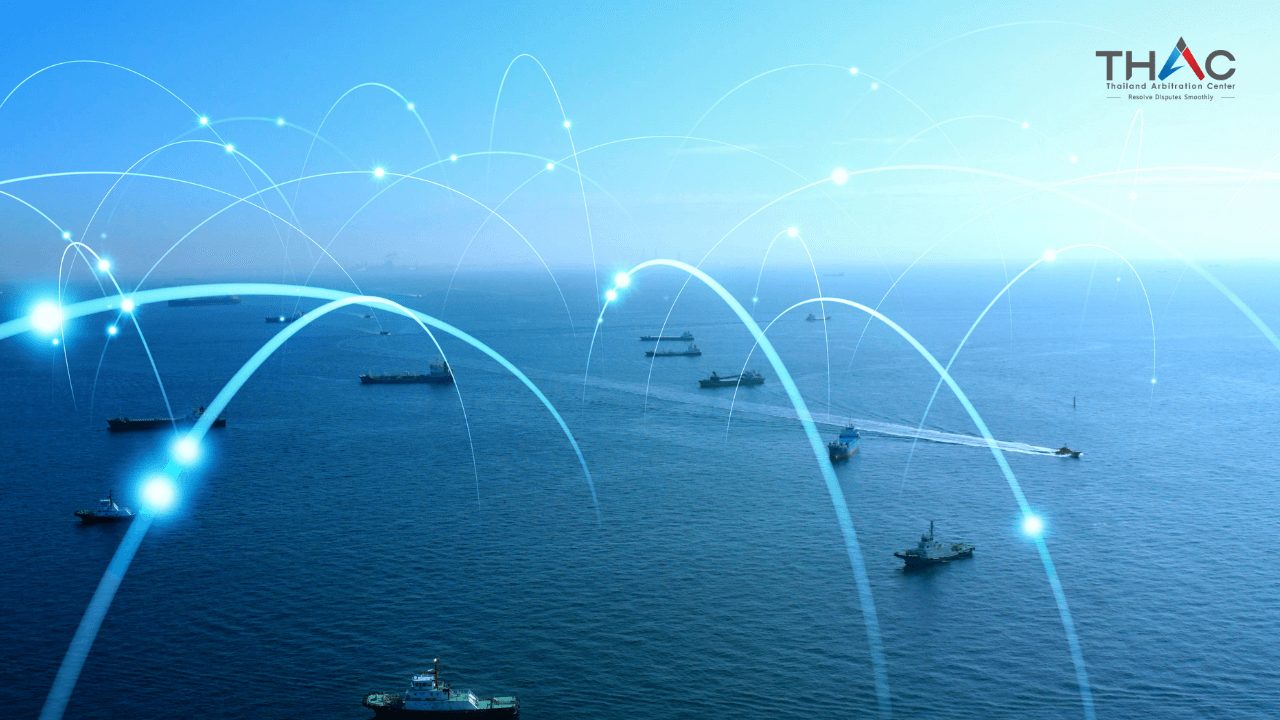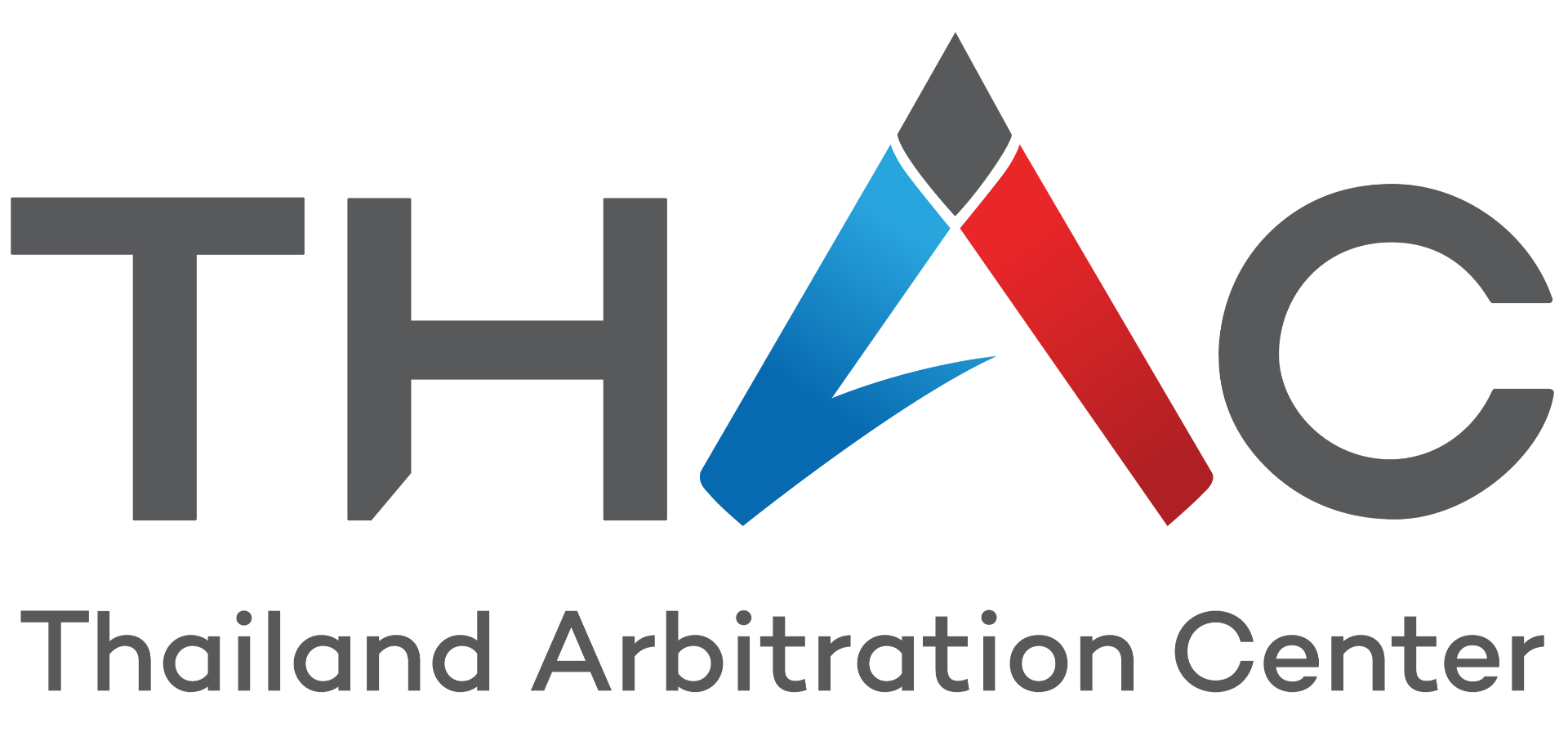
Harnessing International Conciliation for Effective Resolution of Maritime Disputes

Navigating the turbulent waters of maritime disputes demands a steadfast compass of resolution. Much like skilled negotiators, international conciliation offers a diplomatic lighthouse, guiding disputing parties toward amicable resolutions.
International conciliation operates beyond the rigid confines of traditional legal proceedings, invoking a sense of camaraderie among nations, fostering mutual respect, and promoting open dialogue. Through confidential discussions, parties can chart a course to common ground, safeguarding maritime resources, trade routes, and regional stability.
However, this process requires meticulous navigation. The choice to embark upon international conciliation demands a tailored strategy, an understanding of the intricacies of maritime law, and a discerning eye for the nuances that define each case.
In this article, we shall explore the maritime challenges that necessitate such resolution methods and unfurl the sails of international conciliation, exploring its potential as a potent breeze to propel disputing nations towards the shores of cooperation and tranquility.
The Advantages of Conciliation in Maritime Disputes Internationally
First and foremost, international conciliation harnesses the pivotal principle of empowering the parties involved. Unlike some alternative dispute resolution mechanisms that may impose binding decisions, conciliation places decision-making firmly in the hands of the disputants themselves. This advantage of conciliation imbues the process with a sense of ownership and control, fostering an environment where collaborative solutions can emerge organically. This participatory approach not only boosts the likelihood of compliance with the eventual outcome but also tends to nurture longer-lasting relationships among stakeholders.
However, what truly distinguishes international conciliation is its inherent flexibility. Legal and procedural norms, while undeniably essential, can often prove to be rigidity’s accomplice in the realm of dispute resolution. Here, conciliation stands as a beacon of adaptability, allowing parties to tailor the process to their unique circumstances. This malleability enables a bespoke framework where parties can incorporate cultural nuances, commercial realities, and sector-specific intricacies seamlessly into their negotiations. By accommodating these variables, conciliation not only bolsters the likelihood of an amicable resolution but also paves the way for a creative and innovative problem-solving process.
Factors Influencing the Success of International Conciliation
Imagine a scenario where two maritime nations are locked in a tense standoff, their interests clash like waves on a stormy sea. The willingness of these parties to engage earnestly in the conciliation process can often mean the difference between protracted legal battles and a swift, amicable settlement. It’s not just about ticking the boxes of procedural formalities; it’s about fostering an atmosphere of cooperation and mutual respect. Otherwise, the process of conciliation can be terminated.
External pressures and the shadowy presence of international actors play a key role in this stage. Just as a current can steer a ship off course, external influences can sway the trajectory of conciliation efforts. These influences might manifest as economic incentives, political alliances, or even historical entanglements that color the perspectives of the disputing parties. As a legal strategist, one must possess an astute understanding of these dynamics to navigate the nuanced waters of negotiation effectively.
A shrewd legal practitioner recognizes that these factors are not isolated silos but intertwined threads in a complex fabric. Prudent diplomacy can increase willingness to engage, which in turn can lessen the impact of outside pressures. The key lies in artfully balancing the scales of compromise while safeguarding the core interests of the parties involved.
In the realm of maritime disputes, the path to resolution may seem elusive, but armed with an acute awareness of these factors, one can chart a course toward successful international conciliation.
Challenges and Limitations of International Conciliation
Undoubtedly, conciliation presents a promising pathway toward a peaceful resolution. Yet, as with any legal endeavor, its efficacy hinges on increased state practice and a commitment to refining the processes involved. A proactive stance from nations, coupled with continued research, will play a pivotal role in developing a comprehensive framework that ensures conciliation is not only a theoretical concept but a practical and potent instrument in maritime dispute resolution.
Implementing conciliation requires a delicate balancing act, especially when addressing potential drawbacks. Confidentiality, a hallmark of the conciliation process, might inadvertently hinder transparency, leaving concerned parties grappling with the question of public accountability. Moreover, the voluntary nature of conciliation could lead to an uneven playing field, with some parties hesitant to engage, fearing a perceived power imbalance.
As we delve into the realm of international conciliation, we must be acutely aware of these challenges while remaining steadfast in our commitment to overcoming them. Through rigorous research and candid dialogue, we can mold a process that preserves the parties’ integrity and upholds the broader principles of justice and fairness.
A Path Forward for Maritime Dispute Resolution
Navigating the intricate waters of maritime dispute resolution demands a judicious blend of strategic foresight and methodical pragmatism. A prudent course of action entails more than a mere nod toward conciliation‘s allure. Each maritime dispute has unique jurisdictional intricacies, historical contexts, and geopolitical undercurrents. Thus, the path toward resolution must be paved with bespoke strategies tailored to the contours of each case. This bespoke tailoring addresses the underlying concerns with precision and cultivates a sense of equity that resonates deeply with both parties.
At the Thai Arbitration Center (THAC), we provide a state-of-the-art procedural framework for dispute resolution by arbitration for various issues.
If you have questions about our arbitration services or any other ADR methods, please get in touch with us at:
Email: [email protected]
Call: +66 (0)2018 1615
THAC is looking forward to helping you.

